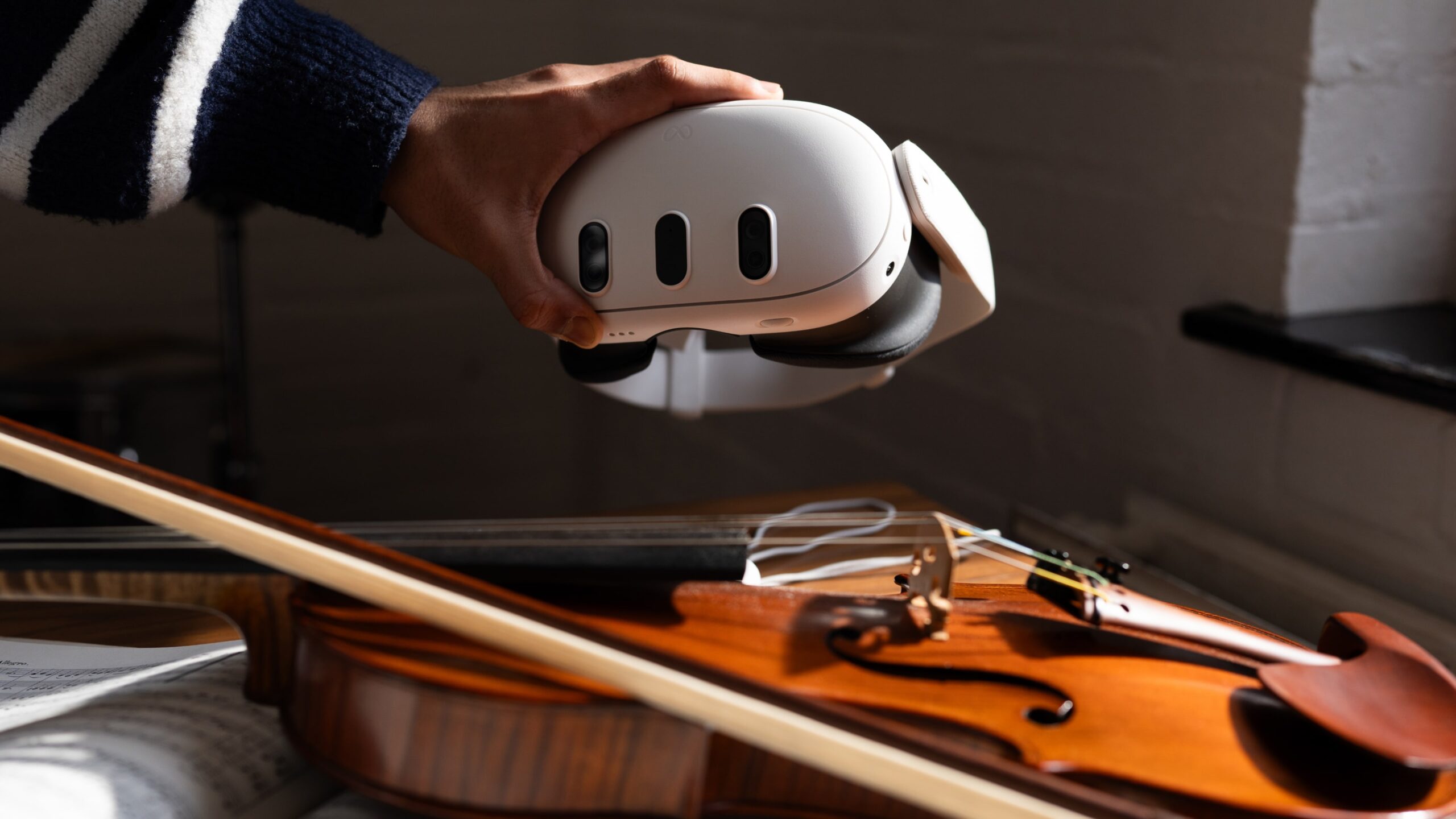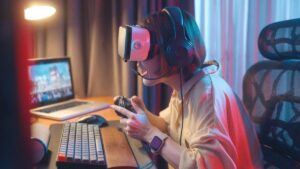Explore Learning in the Metaverse: Transforming Education Beyond Classrooms

Immersive Learning: ACG Schools Pioneers VR Education in New Zealand
A New Era of Education
In a groundbreaking initiative, ACG Schools is transforming the educational landscape by integrating virtual reality (VR) technology into its curriculum. This innovative approach allows students to engage with complex subjects in ways that were previously unimaginable.
- A New Era of Education
- Exploring the Human Body in Virtual Reality
- ACG Schools and the metaverse Partnership
- Enhancing Traditional Learning Methods
- Focused Learning in a Distraction-Free Environment
- Structured Implementation Across New Zealand
- Interactive Learning Experiences
- The Impact of VR on Knowledge Retention
- A Vision for the Future of Education
Exploring the Human Body in Virtual Reality
During a recent Year 11 Physical Education class at ACG Parnell, students donned MetaQuest 3 headsets and entered a stunningly realistic 3D representation of the human body. As avatars appeared in various outfits, the excitement in the virtual classroom was palpable. Students were not merely observing; they were immersed in an interactive experience that brought the anatomy of the heart and lungs to life.
ACG Schools and the metaverse Partnership
This initiative is part of a strategic collaboration with Meta, aimed at revolutionizing education through technology. ACG Schools, a member of the Inspired Education Group, is leveraging its extensive network to enhance educational experiences. By investing in research and development, ACG is setting a precedent for how technology can enrich learning across its global campuses.
Enhancing Traditional Learning Methods
The goal of this VR integration is not to replace conventional teaching methods but to augment them. Students can now explore historical events, distant planets, or intricate biological systems, gaining insights that traditional classrooms cannot provide. Research indicates that immersive experiences can significantly boost empathy and understanding among students.
Focused Learning in a Distraction-Free Environment
Unlike traditional screens, VR headsets create a focused learning atmosphere by minimizing external distractions. Studies have shown that learners in VR environments can absorb information up to four times faster than in standard educational settings. In the PE class, the instructor guided students through the virtual heart, prompting them to identify its various components and functions.
Structured Implementation Across New Zealand
ACG Schools began its VR rollout in early 2025, targeting students in Years 7 through 13. The implementation plan includes a minimum of two dedicated VR sessions for each subject every six months. Safety measures are in place, ensuring that students can safely navigate their physical surroundings while engaged in virtual exploration.
Interactive Learning Experiences
As the virtual tour of the heart progressed, students gathered around a detailed 3D model, observing the movement of valves and tracing the flow of blood. The teacher encouraged them to articulate their understanding, reinforcing their knowledge through active participation.
The Impact of VR on Knowledge Retention
Students are not just passive observers; they are active participants in their learning journey. This hands-on approach makes abstract concepts more relatable and memorable. Research supports the effectiveness of VR in education, with studies showing significant improvements in knowledge retention and academic performance compared to traditional learning methods.
A Vision for the Future of Education
The immersive experiences provided by VR technology represent a significant leap forward in educational practices. As students navigate these virtual environments, they are not only learning but also expanding their imaginations. The future of education is bright, with endless possibilities for exploration and discovery.







